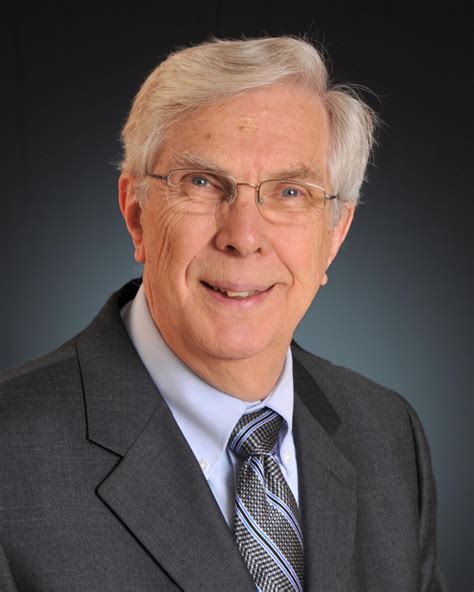A Quote by Carl F. H. Henry
Secularism denounces supernaturalism and promotes a nonreligious or antireligious basis of social organization and morality.
Quote Topics
Related Quotes
I'm not saying that atheists can't act morally or have moral knowledge. But when I ascribe virtue to an atheist, it's as a theist who sees the atheist as conforming to objective moral values. The atheist, by contrast, has no such basis for morality. And yet all moral judgments require a basis for morality, some standard of right and wrong.
Most Americans instinctively recoil from the claim that there is an antireligious bias running through the underlying assumptions with which their society approaches church-state issues. However, there is persuasive evidence that among some influential segments of the population, there is a very real antireligious strain.
If Christians continue to rely on emotion and ignore evidence, they will continue to lose their children to secularism. As Ravi Zacharias points out, a tepid Christianity cannot withstand a rabid secularism. And make no mistake-secularism is rabid. The world isn't neutral out there. Today's culture is becoming increasingly anti-Christian.

































